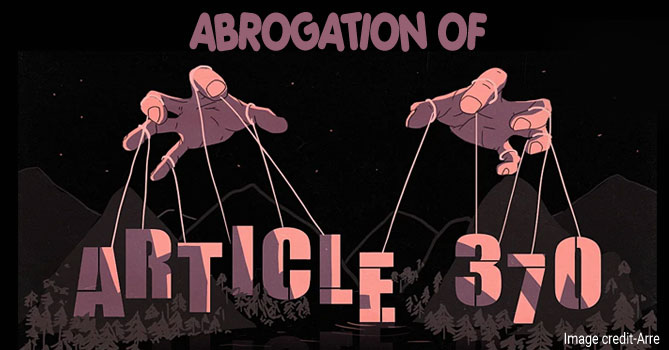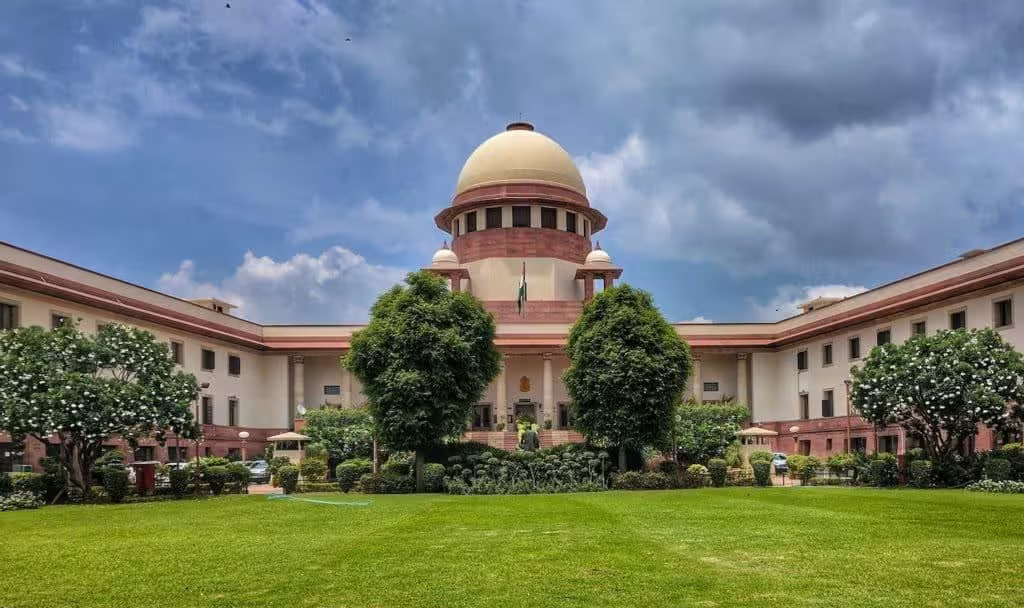Prof. Javed Ahmed Hajam was charged by the Maharashtra Police under Section 153-A of the IPC, which prohibits inciting hatred between groups based on race, religion, or other factors, for sending WhatsApp messages with the subject lines “August 5 — Black Day Jammu & Kashmir” and “August 14 — Happy Independence Day Pakistan.”
The Supreme Court declared, overturning a Bombay High Court judgement, that democracy, a vital component of the Constitution, “will not survive” if “every criticism or protest of the actions of the state is to be held as an offence under Section 153-A.

Source: India Map
“The court has made it abundantly evident that one of the fundamental rights protected by Article 19(1) is the ability to disagree in a way that is legal (a). The Supreme Court affirmed the Central Government’s 2019 decision to suspend Article 370 in December of last year. The voices of dissent, nevertheless, are still loud.
The contentious role of the police has been under judicial and public attention because of the professor’s case. Overzealous police exaggerated the situation in an attempt to demonise a protestor. The court said that it was time to “enlighten and educate our police machinery” about the meaning of free speech, the boundaries of lawful speech restrictions, and other related topics.
Source: NDTV
It is important to give careful thought to the SC’s recommendation that police officers be made aware of the democratic principles inherent in the Constitution. Police haughtiness is demonstrated by the registration of cases on tenuous grounds; this is an undemocratic practice that smacks of persecution. It is hoped that this decision will discourage law enforcement from labelling individuals as anti-social or anti-national based only on posts they make on social media. Punitive punishment shouldn’t be warranted for such remarks unless they inspire hatred or violence.
What do you think about this? Comment below.

